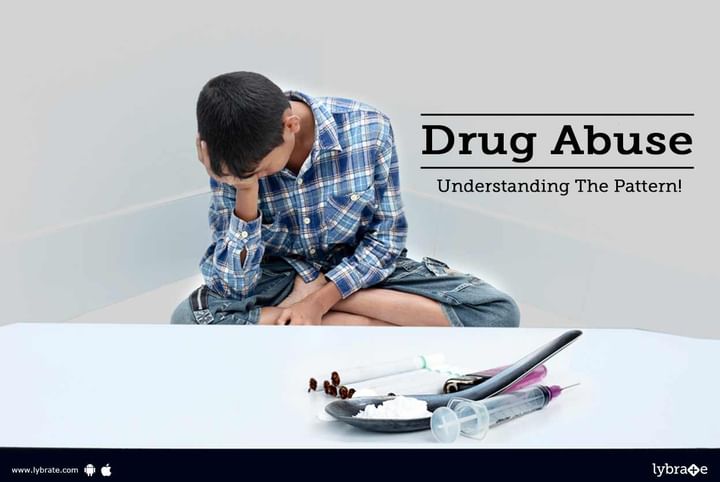Drug Abuse - Understanding The Pattern!
Is someone close to you into drugs? Are you concerned about him or her having a drug problem? There are several patterns of drug abuse, which help you to determine the extent of drug abuse a person is undergoing. It is important for you to recognize your dear ones’ drug use patterns and analyse whether you need to take further steps. The different drug abuse patterns are classified as follows:
- Hard drug use
- Hard drugs like cocaine, heroin, and methamphetamine are considered to be the most dangerous in terms of their harmful effects on health and behavior.
- They are associated with risks of addiction. Most people start with such drugs recreationally, but addiction can set in very quickly.
- People engaging in hard drugs are subjected to high risk behavior. They usually become isolated and live in their own world, away from society.
- Frequent drug use
- The frequency of drug abuse is not good enough for determining, if a person is addicted.
- People engaging themselves in binge drinking during weekends can have serious issues in spite of not drinking every day.
- Frequent drug use indicates a person’s drug tolerance and dependence. A person who drinks or uses drugs regularly is quite likely to continue this pattern.
- Early drug use
- People who start taking drugs from early adolescence are at an enhanced risk of developing drug problems in their adulthood.
- The earlier a child gets into drugs, the sooner they become addicts.
- During adolescence, a person’s body and brain still undergo development and any kind of drug-related consequences may be quite severe.
- Drug use from an early age is quite a common phenomenon.
- Solitary drug use
- Teenagers who use marijuana, cigarettes and alcohol while they are alone are at a higher risk of developing drug problems later in life.
- They are quite likely to have poor physical health by the age of 23, compared to social drug users.
- Solitary drug use is also quite a common aspect that prevails.
- Escapist drug use
- The reasons for using alcohol and drugs vary from person to person.
- People who use drugs for coping with stress, medicating anxiety or depression, and building self-esteem are prone to becoming addicts.
- Teens using substances for coping with boredom and grief are highly subjected to drug problems.
A lot of people drink on some occasions, and try some substance just for the sake of experimenting. However, when the substance starts affecting your career, relationships and activities, a pattern of drug use is recognized. These patterns increase the risk of addiction, no matter how many months, years or weeks a person is engaged in them. If you wish to discuss about any specific problem, you can consult a Psychiatrist.



+1.svg)
